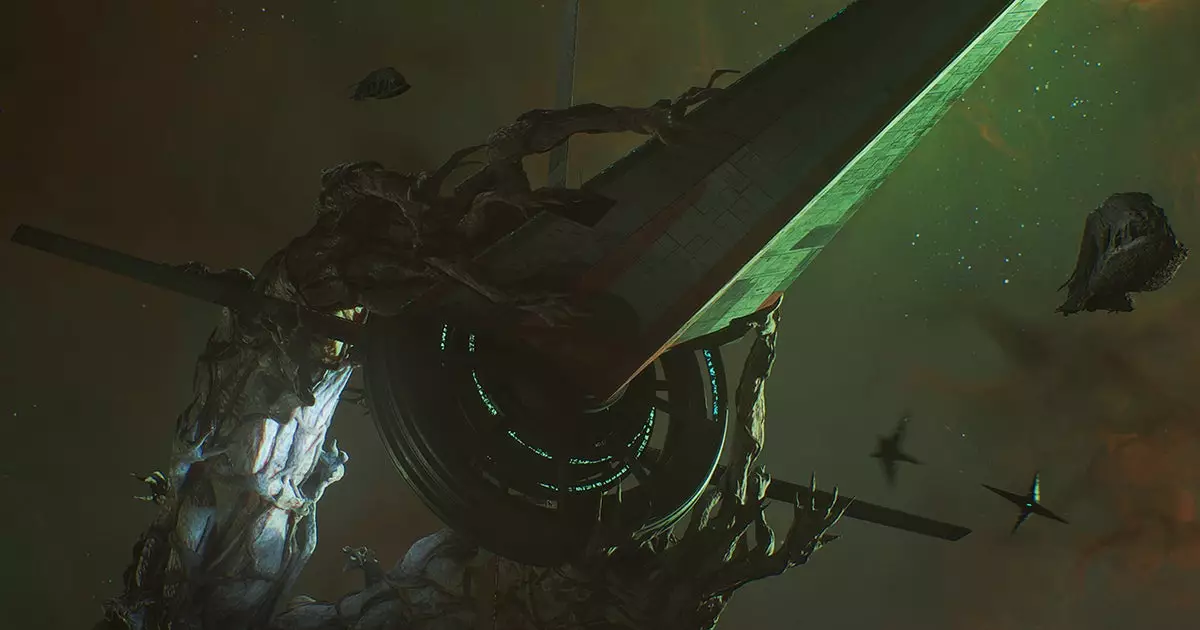In the ever-evolving landscape of video games, space RPGs hold a unique charm that beckons players to explore the mysteries of the universe. Recently, the collaboration between Archetype Entertainment and Blur Studio has given birth to a promising new title, Exodus. Announced in December, this game takes a bold step into the realm of science fiction, blending high-caliber storytelling with philosophical elements revolving around time dilation and the perils of space travel.
One of the most captivating aspects of Exodus is its ambitious narrative structure, which hinges on the concept of time dilation experienced during faster-than-light travel. It invites players to ponder not only the physical adventures of star-hopping but also the temporal implications that accompany such journeys. By placing characters in a conflict that spans hundreds, if not thousands, of years, Exodus challenges players to think about how time alters perceptions of existence, morality, and ultimately, survival itself.
The announcement of Exodus has introduced not only the existential struggles of its protagonists but also an alarming new adversary: the Mara Yama. Far from your run-of-the-mill antagonists, this Celestial faction embodies the darkest fears of humanity. Portrayed as grotesque, twisted entities, the Mara Yama rise from the shadows of the Centauri Cluster with a singular mission—to instill fear and savor the psychological torment of their victims. The developers paint a vivid picture of these sinister beings, detailing their sadistic tendencies and their predilection for harvesting more than just material goods; they prey on fears, memories, and emotions, creating a chilling atmosphere that will leave a lasting impact.
This unsettling vision of the Mara Yama sets the stage for not just a battle for survival but an exploration of the darker aspects of the human psyche. The horror they represent is palpable and reminiscent of the best elements found in classic sci-fi literature—an existential dread that prompts players to confront the unknown and the often unrelenting nature of existence itself. Such narrative depth brings new dimensions to the traditional RPG format, elevating it beyond mere gameplay to a thought-provoking experience.
One cannot ignore the star power brought to Exodus by the casting of Matthew McConaughey. Known for his distinctive voice and charismatic presence, McConaughey’s involvement lends an air of sophistication and credibility to the project. However, there is a lingering concern that his role may amount to little more than a footnote in the gameplay experience, potentially overshadowed by cutscenes and cinematic flourishes rather than meaningful interactions.
It remains to be seen whether McConaughey’s character will contribute to the intricate narrative or simply act as a vehicle for star power. The risk is that a game with such ambitious concepts could veer into cliché if not handled with care. Therefore, it is imperative for Archetype Entertainment to ensure that the narrative intricacies reflect their lofty aspirations rather than conforming to familiar tropes that plague many modern RPGs.
Exodus stands at a crossroads, where its potential to innovate and redefine the space RPG genre is abundant. Nevertheless, it bears the weight of expectations, particularly in a gaming landscape saturated with titles that have previously tackled similar themes. While the game emerges as a promising contender, players will hope that it can carve out a unique identity rather than simply echoing the echoes of games past, such as the revered Mass Effect series.
As we await further revelations, including in-game footage and deeper insights into its mechanics, there is a potent sense of anticipation for what Exodus may ultimately offer. A journey not only through the stars but into the depths of the human experience awaits. By daring to blend horror, sci-fi, and existential philosophy, Exodus might just set a new benchmark in the universe of role-playing games.


Leave a Reply